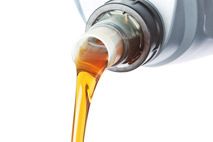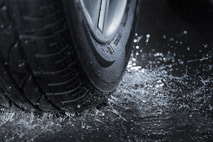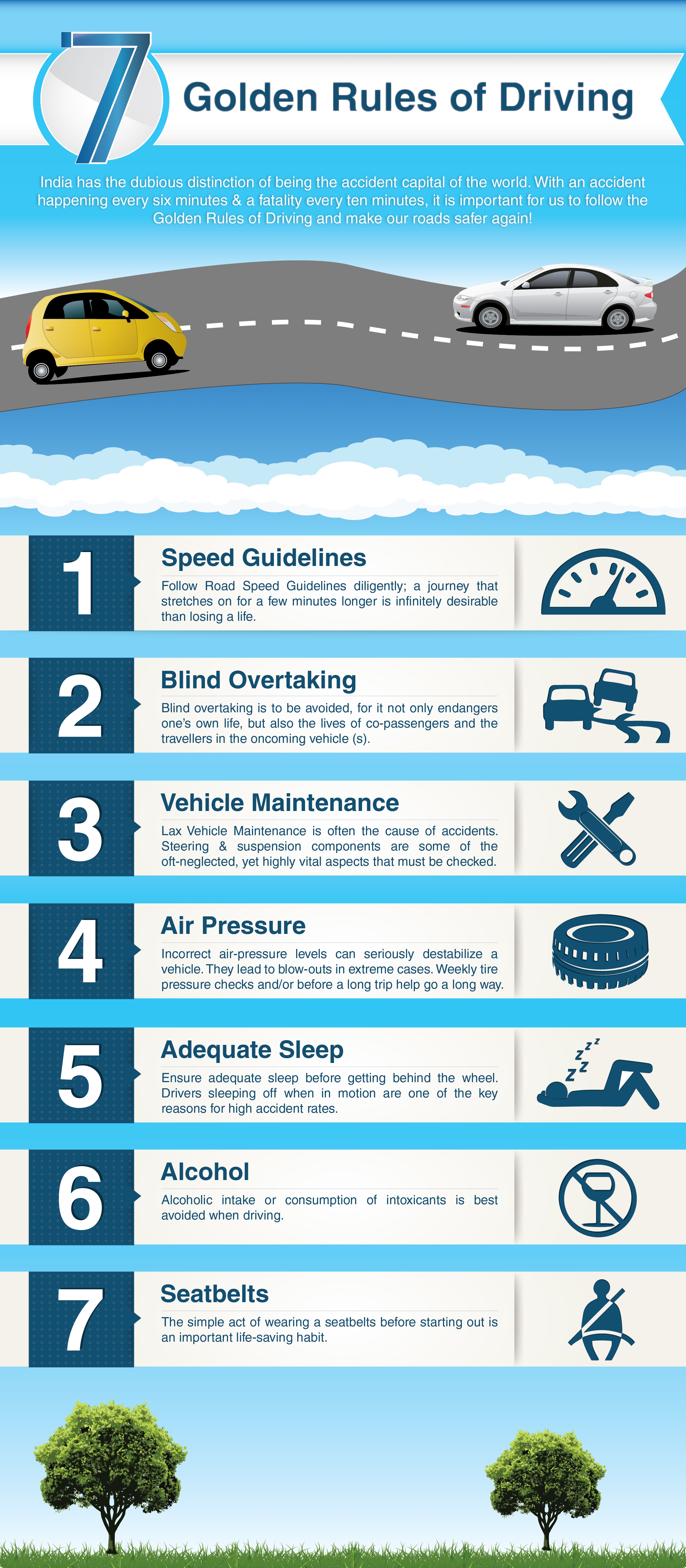Tips to Maintain your Car

A car, these days, is an eclectic mix of comfort, ease, status-symbol and a "white elephant." Which of the mentioned factors is more applicable to someone will vary from person to person. All in all, a car is serious money and it is necessary to have it running for as long as possible. And to do that, without spending a mini fortune on its maintenance costs, here are a few tips:
1. Choose the correct car

Sounds obvious? But it is probably the most sensible of advices to get the best out of your car. Choose a manufacturer who is known for making time-tested and reliable cars. Choose a model which has a solid reputation behind it. Choose a car whose spare parts are easily available. Talk to your local mechanic to find out the "inside stuff" of various car companies and make an informed choice.
2. Trust the manufacturer's instructions

The manufacturers know their cars better. So it makes sense to follow their instructions on car maintenance. Make it a point to take your car for its scheduled maintenances. If you are thinking about how to go about finding out how often these maintenances are scheduled, don't fret. It's all given at the back of that little book we know as the "Owner's Manual." Oh, yes! We really hardly bother to take a look at it, don't we? But if only we would care to read this book, we wouldn't have to read articles on car maintenance tips. Irony? Sure is!
3. Changing the car's vital fluids

Your car is made up of thousands of moving parts. And what makes, and keeps, these parts moving are the various fluids; the most important being engine oil and transmission, differential, brake and power-steering fluid. It is advisable, nay imperative, to frequently check and, if required, change the fluids. Engine oil needs changing every 5000 miles, transmission fluid, every two years (or roughly 30,000 miles) and engine coolant needs to be checked at least twice a year.
Did You Know?
According to a study done by the US Department of Energy, an increase in the average speed from 50 mph to 60 mph results in a 38 percent increase in maintenance costs. If you go 10 mph higher, you are looking at an added 80 percent in repair costs.
According to a study done by the US Department of Energy, an increase in the average speed from 50 mph to 60 mph results in a 38 percent increase in maintenance costs. If you go 10 mph higher, you are looking at an added 80 percent in repair costs.
Brake fluid is hygroscopic. In simple terms, it absorbs moisture and moisture makes a killer combo with oxygen and metal. It is called rust. It is advisable to flush brake fluid every two years, regardless of how many miles you've driven.
4. Driving gently

Unless you have a land speed record to break or you are an F1 driver practicing on your Kia in your neighborhood, go slow. This will drastically reduce the wear and tear on your car and you will do a favor to your car it will never forget. Accelerate slowly and brake gently. When the weather is cold, don't rev your engine when the car is still in the driveway. Warm your car on idle. Let the oil heat up slowly and start circulating and lubricating the vitals before moving off.
5. And oh! Tires

Always keep tires inflated to the specified pressure. Keep a lookout for tread wear. When the tread indicators are visible between treads, consider it the right time to change the tires. Well maintained tires go a long way in keeping stress off your car's engine. Gentle driving habits also help in maintaining good tire health and consequently, good engine health.
And finally, owning a car does not mean driving it every time you have to go out of the house. A car less driven will cost less in maintenance. Simple? Yet an efficient advice. Walk or cycle short distances. It's good for your health. And your car's too! Use public transportation often and join a car pool. The environment will be happier too.
|
|
https://www.icicilombard.com/car-insurance-info/7-golden-rules-of-driving.html

No comments:
Post a Comment